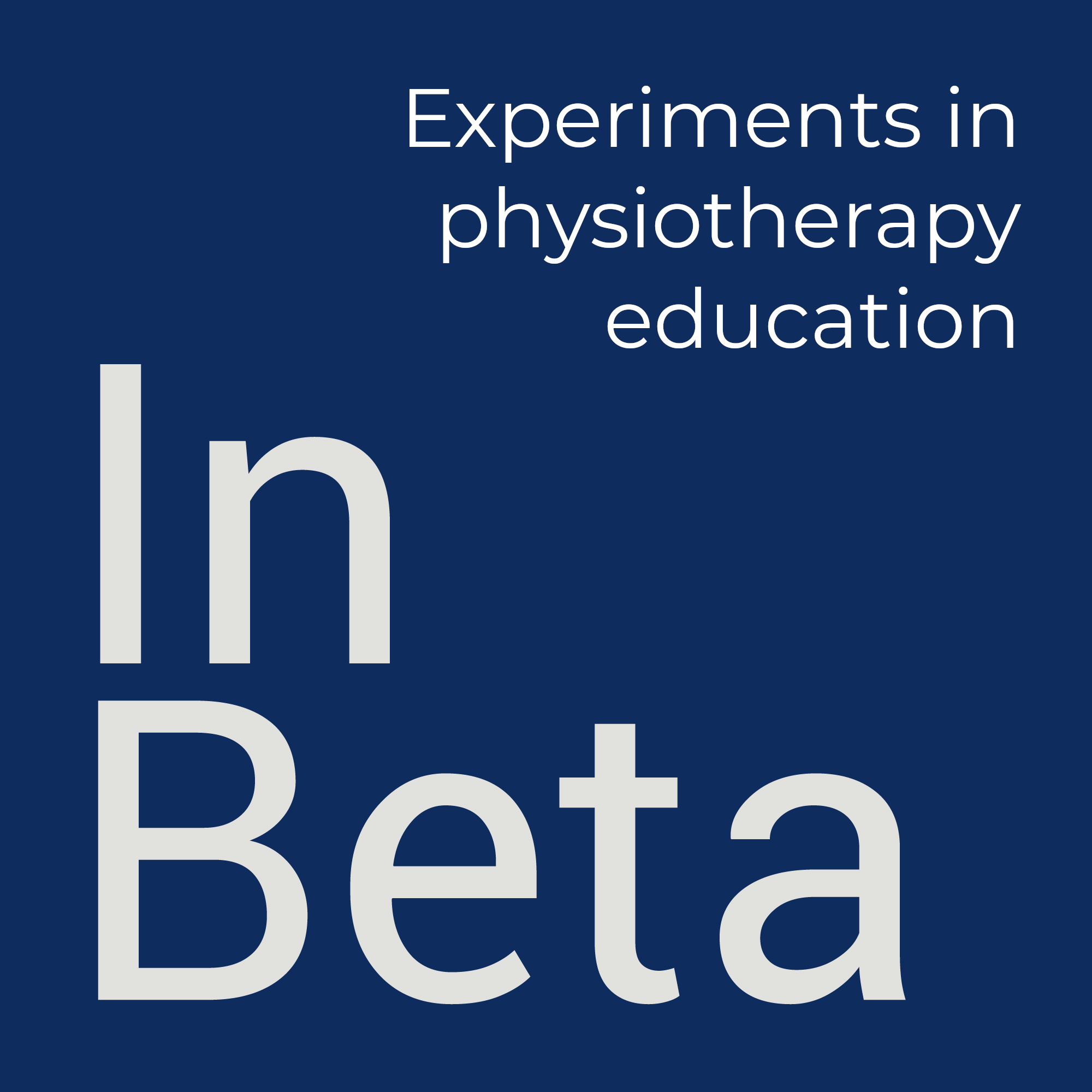Feedback can’t provide answers, but it can (and should) generate questions.
Naomi Winstone
Introduction
The traditional narrative in higher and professional education is that feedback is about telling. We make an observation about a student’s performance and then we tell them 1) what was wrong with it, and 2) how they need to correct it. And we make sure that the “negative” feedback (i.e. what they did wrong) is given inbetween two pieces of “positive” feedback.
This feedback sandwich approach seems to have a lot going for it; we think that students will accept the negative feedback if we associate it with something nice, it seems to provide a more balanced approach, and the positive feedback aims to reduce student anxiety. Unfortunately, it doesn’t work. The positive points can fall on deaf ears because the student has been trained to brace themselves for the part of the feedback starting with “But…”. Or, the opposite may be true. They may pay more attention to the opening and closing parts of a conversation and ignore the detail in the middle. So they may walk away from the interaction feeling pretty good about their performance because we all want to remember the nice things that people say about us.
The feedback sandwich can also feel contrived. After a while students start to recognise that feedback always follows the same pattern and can come to see the positive comments as disingenuous and serving only an instrumental purpose i.e. to make them feel better about the “real” feedback.
Recent evidence supports a more student-centred approach to feedback, which is a significant shift away from the notion that feedback is a flow of information in one direction, and that the job of the teacher is to tell, while the job of the student is to listen. In fact, it may be true to say that the better option is for these roles to be reversed.
Podcast
Carless, D., & Winstone, N. (2020, November 7). Redesigning Assessment and Developing Staff and Student Feedback Literacy.
This seminar will draw on student and staff expertise across two main strands. Strand 1 will take a ‘deep dive’ to explore what learner-focused feedback means and how staff and students can enable impacts from different feedback approaches. Particular emphasis will be placed on feedback literacy: the capacities of teachers and students to make the most of feedback opportunities. What capabilities do teachers and students need in order to take up their complementary roles in feedback processes?
Strand 2 will look at disentangling assessment and feedback and will explore the various forms of feedback used in assessment and in the absence of assessment. Assessment design will be highlighted so that opportunities to provide feedback to inform future work are intentionally embedded at the development phase. Student Interns will share their insights on assessment and feedback including instances where students are prompted to act on feedback and occasions where they are likely to ignore feedback.
Strictly speaking this isn’t a podcast. But life is short and the presentation is close enough for the purposes of this newsletter.
The crux of the two presentations is that we need to think differently about feedback practices and shift towards a student-centred paradigm. In this new conceptualisation of feedback, it’s the student who initiates the feedback process, and who generates their own feedback by reflecting on their performance and evaluating it against some standard of practice. The role of the teacher in this new paradigm is to act more like a coach than a disciplinary expert who is expected to have the “right” answers.
Article
Carless, D., & Winstone, N. (2020). Teacher feedback literacy and its interplay with student feedback literacy. Teaching in Higher Education, 1–14.
Feedback processes are difficult to manage, and the accumulated frustrations of teachers and students inhibit the learning potential of feedback. In this conceptual paper, challenges to the development of effective feedback processes are reviewed and a new framework for teacher feedback literacy is proposed. The framework comprises three dimensions: a design dimension focuses on designing feedback processes for student uptake and enabling student evaluative judgment; a relational dimension represents the interpersonal side of feedback exchanges; and a pragmatic dimension addresses how teachers manage the compromises inherent in disciplinary and institutional feedback practices.
There are two main ideas that I like about this paper: 1) both teachers and students carry the responsibility for effective feedback processes, and 2) feedback is conceptualised as a dialogue in which both parties give and receive. There is less of a power differential between teachers and students and the interaction feels more like an experienced peer coaching a novice. As a matter of fact, I’m increasing drawn to the idea that teaching is coaching, and this new feedback paradigm reinforces some of those ideas for me.
Winstone, N. E., & Nash, R. A. (2016). The Developing Engagement with Feedback Toolkit (DEFT). Higher Education Academy.
Feedback is one of the most powerful influences on students’ learning. There is a strong evidence base on effective delivery of feedback: what it should contain and how it should be framed. However, we know far less about students’ reception of feedback information. If we want students to engage with and utilise the feedback we provide, then what skills do they need, and how do we nurture these skills? In this resource, we first outline some of the key contemporary issues facing Higher Education practitioners in the domains of assessment and feedback, and we consider the role and responsibility of the student in the feedback process.
This guide for students aims to help them develop the feedback literacy they need to make more effective use of the feedback process, while also acting as a guide for teachers in terms of how to change our expectations around feedback. In short, it not only provides a framework for all stakeholders in feedback interactions but also includes useful points for reflection on our own development as academics and teachers.
